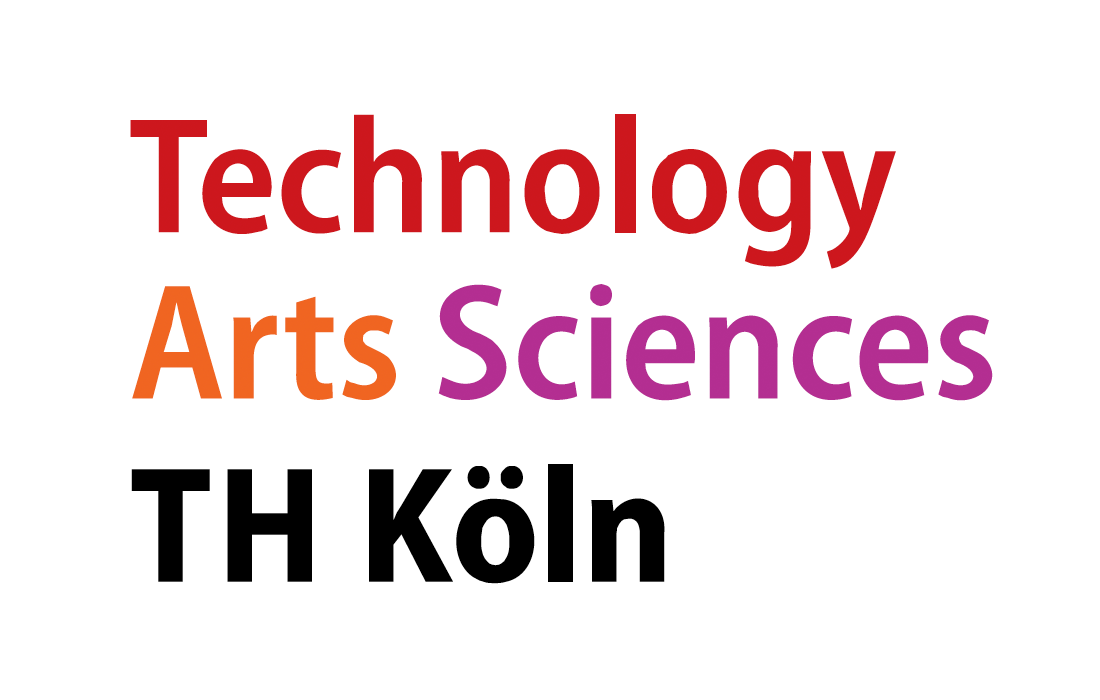Mapping to Focus Areas
Below, you find the module's mapping to the study program's focus areas. This is done as a contribution to all relevant focus areas (in ECTS, and content-wise). This is also relevant for setting the module in relation to other modules, and tells to what extent the module might be part of other study programs.
| Focus Area |
ECTS (prop.) |
Module Contribution to Focus Area |
| Empowering Business |
4 |
In this course students learn about entrepreneurship and the various areas of business administration and their interdependence while participating in a management simulation game.
|
| Designing Innovations and Products |
2 |
The module empowers students to successfully lead a startup; innovative ideas (if implemented consistently) will contribute to a success in the simulation game (as also in the real world)
|
Learning Outcome
After completing this course, students can design the process of implementing innovative business ideas - from developing business ideas and market strategies to founding the company and managing the business operations for several periods in a competitive environment.
To achieve this, students
• Research and analyze relevant information regarding a new venture
• Apply the framework of “business model canvas” to a new business idea
• Develop and implement a concrete business strategy
• Draft and implement a business plan
• Negotiate with potential investors
• Take operative business decisions concerning different corporate functions for a new venture over several periods
• Find appropriate solutions to changing business environments
• Analyze the competition and adapt the strategy accordingly
• Critically reflect their decisions when running a business
Students should be enabled to apply entrepreneurial thinking when designing innovations and managing business operations in their later work environment.
Module Content
In this course students learn about entrepreneurship and the various areas of business
administration and their interdependence while participating in a management simulation game.
- Production
- Finance and Accounting
- Human ressources
- Marketing and Sales
First, students develop their own business model and then test its implementation in a competitive market environment.
Management Simulation Game (Entrepreneurship) with drafting a business plan and
analyzing business decisions.
Grading will be based on
- presentation (40%)
- project report (60%)
Learning Material Provided by Lecturer
Management Simulation Game (Entrepreneurship)
Literature
Grichnik et al. (2017): Entrepreneurship Unternehmerisches Denken, Entscheiden und Handeln in innovativen und technologieorientierten Unternehmen; 2. Auflage; Stuttagrt
Osterwalder et al. (2011): Business Model Generation; Frankfurt am Main.
Literature concerning the different business functions.
